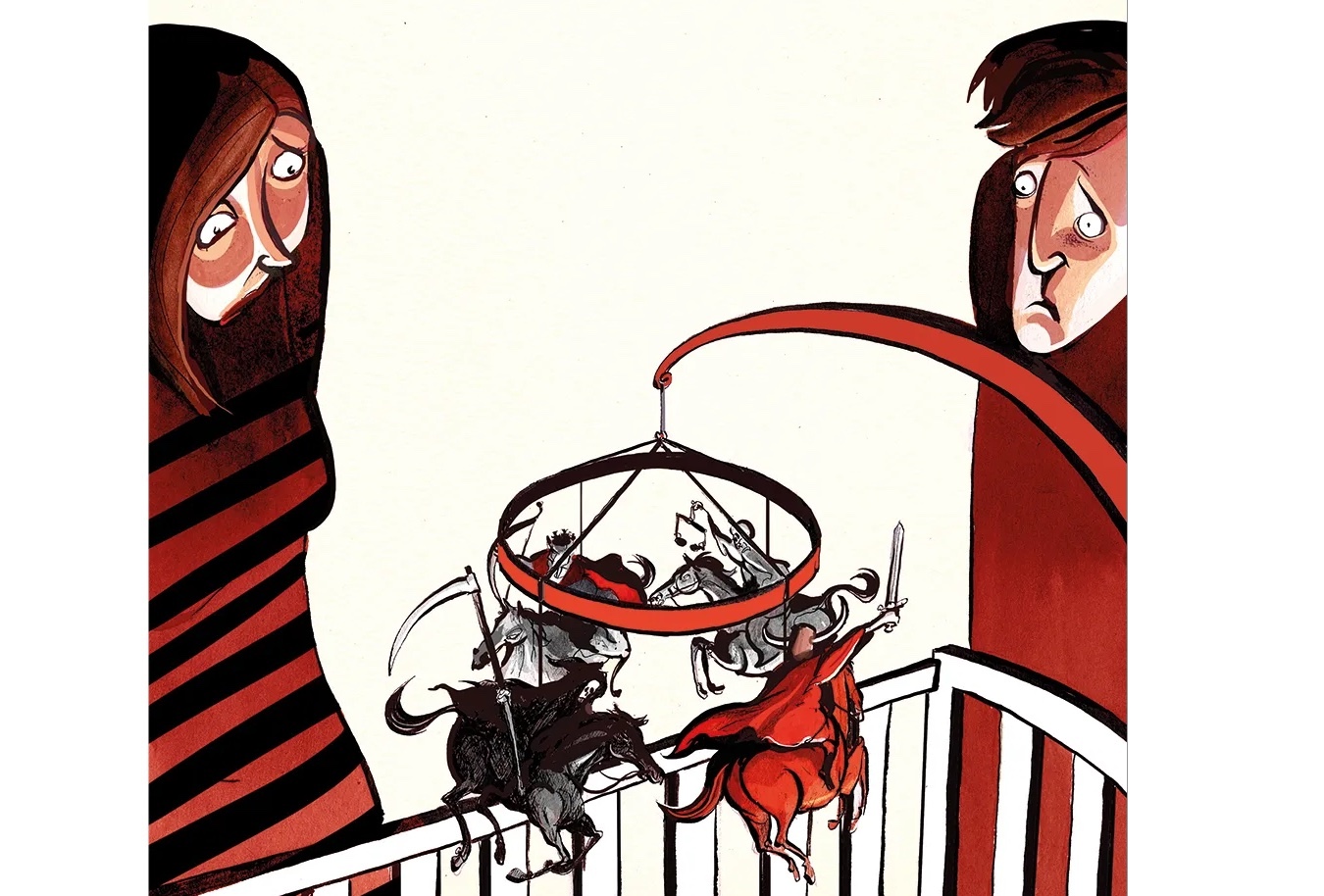For anyone tempted to try to predict humanity’s future, Paul Ehrlich’s 1968 book The Population Bomb is a cautionary tale. Feeding on the then popular Malthusian belief that the world was doomed by high birth rates, Ehrlich predicted: ‘In the 1970s hundreds of millions of people will starve to death.’ He came up with drastic solutions, including adding chemicals to drinking water to sterilise the population.
Ehrlich, like many others, got it wrong. What he needed to worry about was declining birth rates and population collapse. Nearly 60 years on, many predict the world will soon reproduce at less than the replacement rate.
But by my calculations, we’re already there. Largely unnoticed, last year was a landmark one in history. For the first time, humans aren’t producing enough babies to sustain the population. If you’re 55 or younger, you’re likely to witness something humans haven’t seen for 60,000 years, not during wars or pandemics: a sustained decrease in the world population.
A society’s reproduction level is measured by the fertility rate – the average number of children a woman has. The replacement level is accepted as 2.1: any higher and the population grows; any lower and it falls. Like the R number in epidemiology (which we heard so much about during the pandemic), the replacement level is a critical figure. Either side of it leads to dramatically different outcomes. The replacement level is put at a little over 2 to take account of the slight imbalance in male and female births – slightly more of the former are born. Also, not all girls survive until reproductive age.
According to the UN World Population Prospects, the global total fertility rate last year was 2.25 – a little above the replacement rate. But the UN was wrong. It’s not easy to calculate the figure because there’s a lack of statistics in many countries.








Comments
Join the debate for just £1 a month
Be part of the conversation with other Spectator readers by getting your first three months for £3.
UNLOCK ACCESS Just £1 a monthAlready a subscriber? Log in